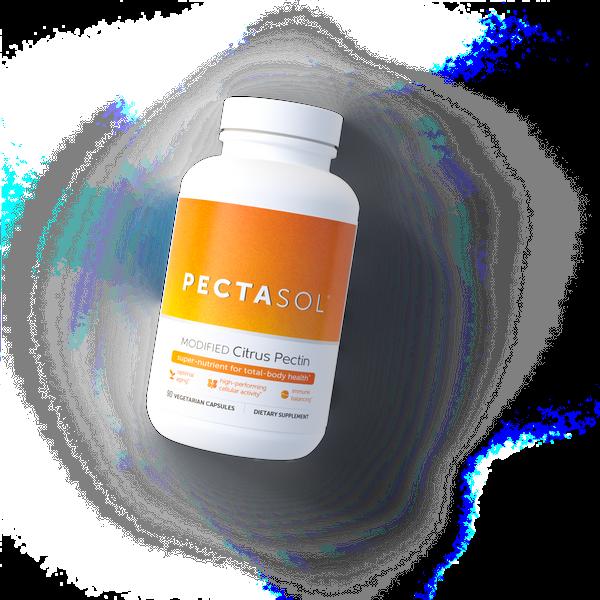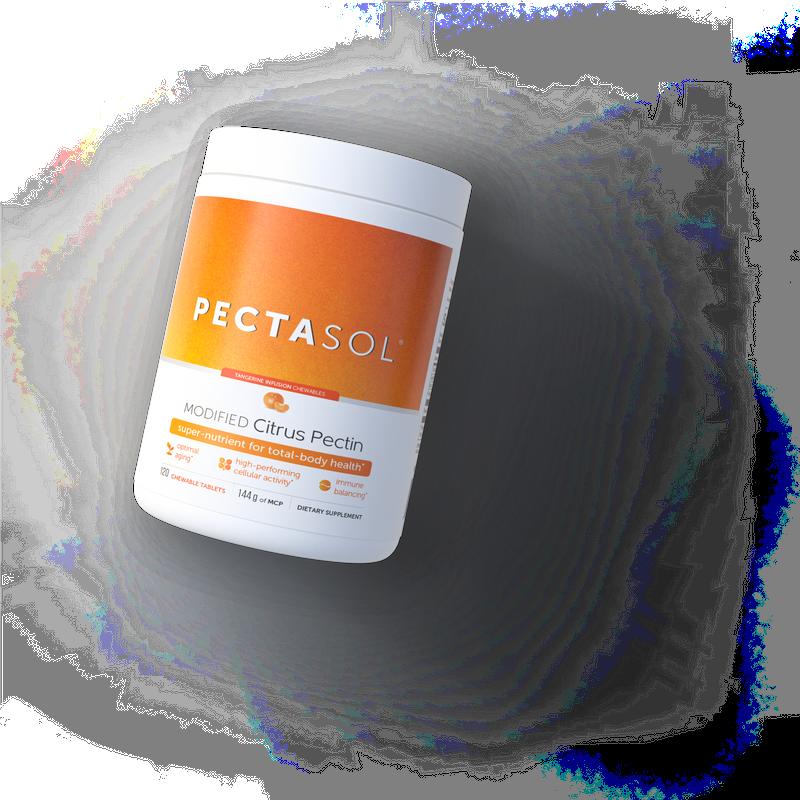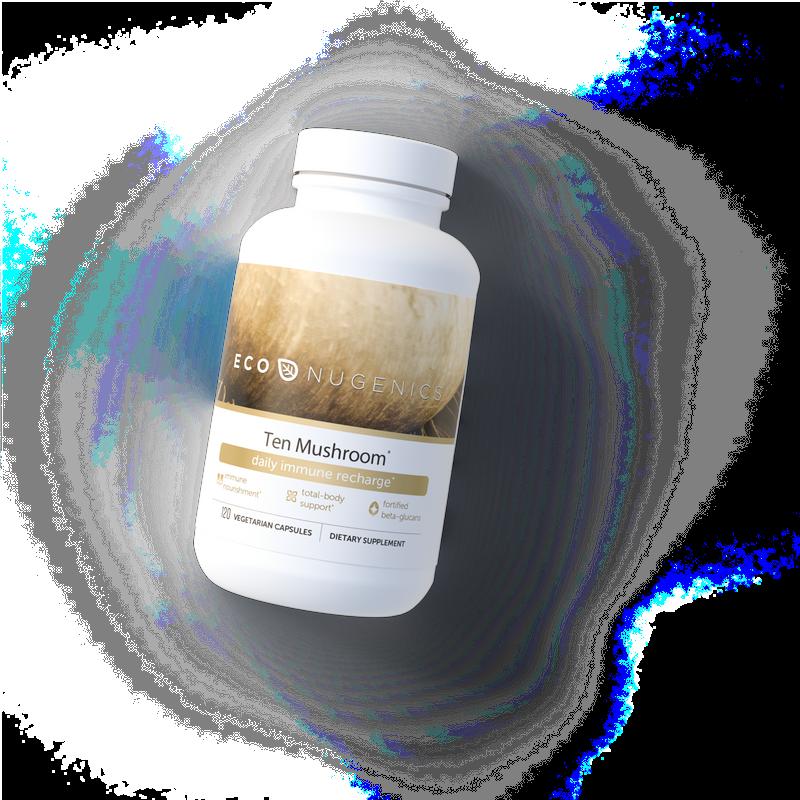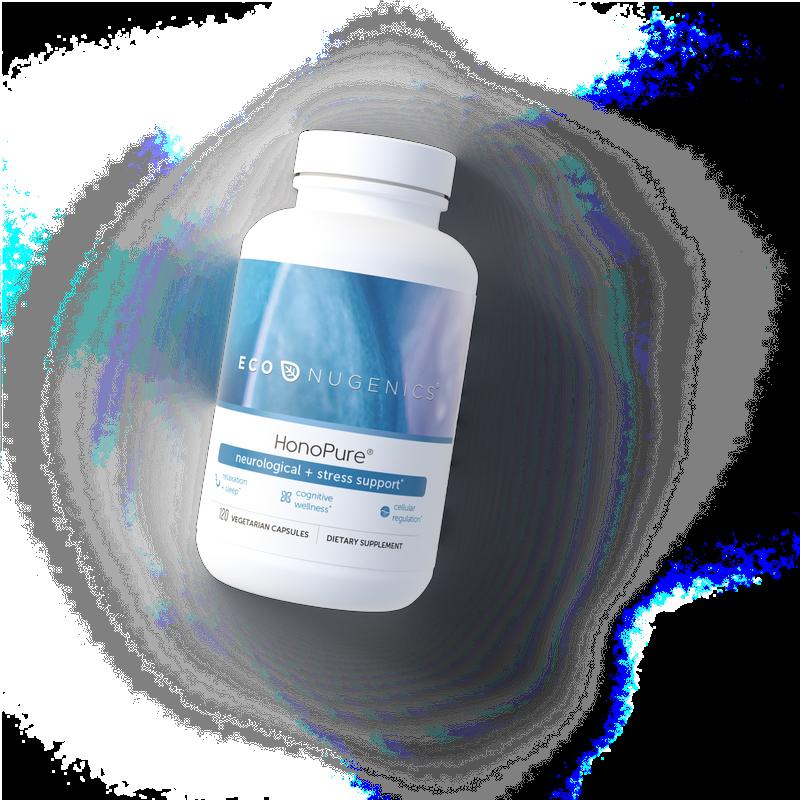

Unlock the Secrets to a Sharper Mind
7 Proven Memory-Boosting Techniques for Cognitive Longevity
Many people accept cognitive loss as a normal part of aging But the truth is, “senior moments” regardless of your age are signs that your brain and body need additional support.
Alzheimer’s and cognitive loss in general is on the rise. The Alzheimer’s Association estimates that more than 6 million Americans have Alzheimer’s disease
Dementia is a general term for diminished mental ability that is serious enough to interfere with daily life. Alzheimer’s, in comparison, is a degenerative brain disease that involves complex changes and cell death within the brain It makes up 60–80% of dementia cases
Signs of Alzheimer’s Disease
It is important to recognize signs of cognitive decline so you can focus on regenerating and protecting your brain The top 10 early warning signs of Alzheimer’s, according to the Alzheimer’s Association, are:
Memory loss that disrupts daily life
Challenges in planning or solving problems
Difficulty completing familiar tasks
Confusion with time or place
Trouble understanding visual images and spatial relationships
New problems with words in speaking or writing
Misplacing things and losing the ability to retrace steps
Decreased or poor judgment
Withdrawal from work or social activities
Changes in mood and personality
These symptoms and other issues related to cognitive decline do not mean you have or will develop Alzheimer’s in the future. But they do indicate that your brain is not functioning at peak capacity
Optimal cognitive function depends on multiple factors, including efficient detoxification of toxins, anti-inflammatory therapies, and maximum antioxidant activity. Any impairments in these areas can deprive the brain of nutrition, fuel neuroinflammation, and damage neurons and brain cells
Learn exactly how to identify and improve these underlying causes of cognitive decline with the following seven therapies.
Above all, remember it is possible to rejuvenate your brain, sharpen your mental function, and improve your mood!

1. MAKE A COMMITMENT TO FOLLOWING AN ANTI-INFLAMMATORY DIET
A nutrient-dense diet and healthy digestion are at the core of long-term vitality Nutrition affects every system in the body especially the brain Traditional Chinese Medicine, for example, has long associated cognitive power with strong digestion. Researchers have found an abundance of neuropeptides (molecules that transmit brain signals) in the gastrointestinal tract and have also shown that the beneficial bacteria in our GI tracts influence brain health, mood, and more Overall, healthy digestion is a complex process of assimilation and organization, much like the way the brain “digests” information.
Chronic neuroinflammation plays a significant role in brain degeneration of any kind And of all the factors that influence inflammation diet has the most direct impact Several nutrient-dense foods with specific anti-inflammatory qualities, such as green vegetables, sprouted grains and legumes, and healthy fats such as avocado, olive oil, and fatty fish, have been shown to support brain health and cognitive function. On the other hand, junk foods high in refined sugars, carbs, and trans-fats fuel inflammation and impair cognitive function Worse, insulin dysfunction – usually related to chronically elevated blood sugar from an unhealthy diet is a major risk factor in dementia and cognitive decline.
In addition to a nutrient dense, anti-inflammatory diet, certain herbs and nutrients such as cardamom, pomegranate, cinnamon, galangal, chromium, and zinc support digestion and nutrient absorption, and help reduce inflammation.


2. HEAVY METALS, MOLD, & OTHER TOXINS — THEY MUST GO



Research shows a close link between toxic heavy metals and Alzheimer’s disease and dementia. These toxins can damage your brain in several ways, including:
Increasing the buildup of beta-amyloid plaque in the brain, a hallmark of Alzheimer’s disease
Promoting the buildup of tau proteins, also shown to harm brain cells
Disrupting essential minerals for brain health
Interfering with neurotransmitter production
Triggering the “alarm protein” galectin-3, which, when overexpressed, causes neuroinflammation
One study showed that living in an area with high air pollution accelerates cognitive decline Recent studies link both indoor and outdoor air pollution with significant reductions in cognitive abilities, on parameters like standardized testing and sports performance. Other reports link toxin exposure with depression and even suicide.
Mycotoxins, aka poisons produced by mold, are also a problem for brain function and can play a role in Alzheimer’s Mycotoxins can be found everywhere, from packaged foods to damp indoor environments. Many people have trouble naturally detoxifying mycotoxins, which causes lasting harm to the brain and body
In today’s world, it is impossible to avoid exposure to these and other toxins, including EMFs/low-intensity radiation. Many researchers theorize that these common pollutants can accelerate Alzheimer’s disease so it strikes younger and progresses faster.

2. HEAVY METALS, MOLD, & OTHER TOXINS THEY MUST GO (CONTINUED)
The body has natural detox mechanisms, but it did not evolve to handle the amount of toxin exposure we face today. Toxins are insidious. For example, the blood-brain barrier shields the brain from harmful invaders; however, many dangerous substances, toxic compounds, and heavy metals can now breach this natural barrier and enter the brain, where they may be stored for decades.
Modified Citrus Pectin (MCP) has been clinically proven to safely remove heavy metals and other toxins from the body without affecting levels of essential minerals MCP binds to toxins, allowing them to be gently removed through the body’s detox systems. The compound also binds to an inflammatory “alarm” protein called galectin-3, increased levels of which have been linked to cancer, heart disease, and other conditions Importantly, MCP is also shown to protect and strengthen the blood-brain barrier to defend against toxins and pathogens
For advanced detoxification, consider a combination formula featuring natural detox binders such as fulvic acid and Icelandic kelp. These and other compounds help safely eliminate pesticides, including the weed killer glyphosate, and block their storage at receptor sites throughout the body
It’s important to remember that neurodegenerative diseases are multifactorial They are driven by genetic and epigenetic influences, by environmental influences such as heavy metals and neurotoxins present in the environment and in our food (as mentioned above), and by lifestyle and dietary habits. When we address these multifactorial issues, we can create beneficial change. While sometimes these changes may be mild, at other times, they can be dramatic. A person can even overcome long-term, brain-related symptoms that are the result of deep genetic or epigenetic traits you would not expect to change.

Galectin-3 — the Protein That Fuels Brain Inflammation
Inflammation inside the brain (neuro-inflammation) is a major contributor to cognitive loss, and other serious neurological conditions To reduce neuroinflammation, you need to address one of its primary triggers: the “alarm” protein galectin-3
When the body is under stress, galectin-3 signals your immune system, ordering it to produce inflammation as a response However, many times this inflammation cannot turn off on its own, and it ends up harming the brain in several ways, such as:
Destroying brain cells
Increasing oxidative stress and damage
Triggering brain fog and memory loss
Disrupting focus and attention
Increasing risks of dementia and Alzheimer’s disease
Researchers now theorize that galectin-3 plays a key role in Alzheimer’s and that blocking it may counteract the formation and progression of this devastating neurological disease
By triggering neuro-inflammation, galectin-3 sets off a cascade of biochemical reactions that can contribute to Alzheimer’s disease The disease can progress slowly, beginning in the brain before symptoms even appear Inflammation whittles away brainpower in minor ways Before you know it, these changes can accelerate into dementia.
Studies show that Alzheimer’s disease patients have much higher levels of galectin-3 than healthy people One study found elevated galectin-3 in patients with Alzheimer’s disease and patients with mild cognitive impairment, suggesting how the protein plays a role in the path to Alzheimer’s
Another study showed that all subjects with Alzheimer’s had significantly higher levels of galectin-3. This finding led to the conclusion that galectin-3 testing could help identify Alzheimer’s in its beginning stages, while there’s still time to intervene
This is where a groundbreaking new study on the use of galectin-3 blockers in cognitive impairment becomes so significant This new study included subjects with type 2 diabetes and resulting mild cognitive impairment and significantly higher levels of galectin-3 Diabetes is a well-known risk factor for dementia In fact, Alzheimer’s disease has been referred to as Type 3 Diabetes because of the combination of glucose imbalance, neuroinflammation and cognitive decline
In this groundbreaking new study, researchers showed that modified citrus pectin, the most-researched galectin-3 blocker, inhibited the actions of galectin-3 and reversed learning and memory problems in a type 2 diabetes animal model




3. COMBAT OXIDATIVE STRESS NATURALLY


A major factor in brain degeneration is oxidative stress, caused by unstable molecules called “free radicals” Free radicals fuel inflammation and damage brain cells and DNA, so be sure to pack in antioxidants that scavenge harmful free radicals, reduce inflammation, and help detoxify the body. Berries, dark greens and other richly colored fruits and vegetables are good choices, as they contain powerful antioxidant compounds that defend against oxidative stress Honokiol extract from magnolia bark, is a powerful botanical antioxidant and powerful neuro-protector with a wide range of additional benefits, including relaxation and healthy stress relief, mood support, and more. Other powerful antioxidants that help detoxify the body are vitamin C, lipoic acid, N-acetyl-L- cysteine (NAC), and selenium
4. SUPPORT CELL POWER
Cellular power plants called mitochondria use oxygen to create energy, and there are more mitochondria in brain cells than other cells. So, it is important to support mitochondrial function to improve oxygen utilization in the brain
There are several supplements that enhance cellular energy production and support brain health, such as NADH (nicotinamide adenine dinucleotide), which is found in all living cells. In addition, supplements like CoQ-10, acetyl-L-carnitine, L-carnosine, and medicinal mushrooms all support mitochondrial function and reduce inflammation, while helping to combat free radicals. As such, they can offer important support for cognitive capacity, vital energy, and overall health.





5. CONTROL STRESS TO CALM INFLAMMATION
It is no surprise that chronic stress can impair mental function. Think of how difficult it was to study the night before a test Sometimes the facts just do not stick
Ongoing stress is inflammatory, elevating levels of hormones like cortisol that can lead to chronic inflammation in both brain and body. In addition, chronic stress can cause glucose imbalances, destroy brain cells, increase fatigue, and fuel depression.
There are a few practices that have been shown to reduce stress and benefit the brain: especially yoga, Tai Chi, and meditation. The breathing that is so essential to these disciplines increases oxygen throughout the body, which in turn increases energy These exercises are also shown to reduce inflammation and help calm an overactive nervous system.
It is also important to take time to enjoy life Meet up with friends, go to a show, get a massage Enjoyment relaxes us and can have a powerful impact on both our mental and physical health
6. GET MORE OXYGEN TO YOUR BRAIN WITH EXERCISE
One of the underlying issues we see in cognitive decline is the inability to get oxygen and nutrients to the brain Many times, this comes down to a circulation issue, which can be related to a sedentary lifestyle, lack of exercise, and other factors. Regular exercise also increases neural connections throughout your body, balances hormones, and supports numerous other areas of health Studies show that one of the most important things you can do for your brain is to get up and move around Go for regular walks, take bike rides, get out in nature If you find yourself stuck in a fog, get out and exercise, and notice the clarity you feel afterwards.

7. KEEP YOUR BLOOD PRESSURE & BLOOD SUGAR IN CHECK
Researchers from the University of Edinburgh found that risk factors that are usually associated with vascular health like smoking, high blood pressure, and a higher body mass index (BMI) are also risk factors for dementia and Alzheimer’s disease.
What is more, the researchers found that the more vascular risk factors a person has, the greater the association with poor brain health There were connections between vascular risk factors and brain atrophy and the loss of both gray and white brain matter.
Researchers identified high blood pressure as one of the three main vascular risk factors that are also associated with cognitive decline The other two are smoking and diabetes. So, it is important to keep an eye on blood pressure levels. Individuals should check their blood pressure regularly and note any increases, even small ones. If, despite following all the other suggestions here, your blood pressure levels are still high or increasing, talk to your doctor.
High blood sugar, a symptom of Type 2 diabetes, is a well-known risk factor for dementia. In fact, Alzheimer’s disease has been referred to as “Type 3 Diabetes” because of the close connections between glucose imbalance, neuroinflammation, and cognitive decline
A groundbreaking study on the use of galectin-3 blockers in cognitive impairment in type 2 diabetics revealed that Modified Citrus Pectin (MCP), the most-researched natural galectin-3 blocker, inhibited the pro-inflammatory actions of galectin-3, reversing learning and memory problems in a type 2 diabetes animal model

Brain Health Bundle
This clinically recommended regimen pairs PectaSol Modified Citrus Pectin and HonoPure 98% Pure Honokiol, delivering powerful support for brain defense and neurological rebalancing enhancing cognitive function at the source.*

*These statements have not been evaluated by the Food and Drug Administration These products are not intended to diagnose, treat, cure or prevent any disease.
LEARN MORE
sources
In order of discussion:
Alzheimer’s Facts and Figures: https://www.alz.org/alzheimers-dementia/facts-figures.
Schikowski T, Altuğ H The role of air pollution in cognitive impairment and decline Neurochem Int 2020 Jun;136:104708 doi: 101016/jneuint2020104708 Epub 2020 Feb 21
Zhang, et al The impact of exposure to air pollution on cognitive performance PNAS September 11, 2018; 115 (37) 9193-9197
Kim Y, et al. Air Pollution and Suicide in 10 Cities in Northeast Asia: A Time-Stratified Case-Crossover Analysis Environ Health Perspect 2018 Mar 6;126(3):037002
Eliaz I, et al. Integrative medicine, and the role of modified citrus pectin/alginates in heavy metal chelation and detoxification–five case reports Forsch Komplementmed 2007 Dec;14(6):358-645
Yin Q, et al Pharmacological Inhibition of Galectin-3 Ameliorates Diabetes-Associated Cognitive Impairment, Oxidative Stress and Neuroinflammation in vivo and in vitro J Inflamm Res 2020;13:533-542
Bradburn S, Murgatroyd C, Ray N. Neuroinflammation in mild cognitive impairment and Alzheimer’s disease: A meta-analysis Ageing Res Rev 2019 Mar;50:1-8 doi: 101016/jarr201901002
Epub 2019 Jan 2 PMID: 30610927
Liu FT, Hsu DK The role of galectin-3 in promotion of the inflammatory response Drug News Perspect 2007 Sep;20(7):455-60 doi: 101358/dnp20072071149628 PMID: 17992268
Sartori AC, Vance DE, Slater LZ, Crowe M. The impact of inflammation on cognitive function in older adults: implications for healthcare practice and research J Neurosci Nurs 2012;44(4):206-217 doi: 01097/JNN0b013e3182527690
Boza-Serrano A, et al Galectin-3, a novel endogenous TREM2 ligand, detrimentally regulates inflammatory response in Alzheimer’s disease Acta Neuropathol 2019 Aug;138(2):251-273
Wang X, Zhang S, Lin F, Chu W, Yue S. Elevated Galectin-3 Levels in the Serum of Patients With Alzheimer’s Disease Am J Alzheimers Dis Other Demen 2015 Dec;30(8):729-32
Yazar, T, Olgun Yazar, H & Cihan, M Evaluation of serum galectin-3 levels at Alzheimer patients by stages: a preliminary report Acta Neurol Belg (2020) https://doiorg/101007/s13760-020-01477-1
Ma S, Li S, Lv R, Hou X, Nie S, Yin Q Prevalence of mild cognitive impairment in type 2 diabetes mellitus is associated with serum galectin-3 level. J Diabetes Investig. 2020 Mar 20;11(5):1295–302. doi: 101111/jdi13256 Epub ahead of print PMID: 32196999; PMCID: PMC7477520
Voss MW, The Beckman Institute and Department of Psychology, Nagamatsu LS, et al. Exercise, brain, and cognition across the life span Journal of Applied Physiology
Cox SR, Lyall DM, Ritchie SJ, et al Associations between vascular risk factors and brain MRI indices in UK Biobank European Heart Journal 2019 21 July 40(28) , Pages 2290–2300 https://doiorg/101093/eurheartj/ehz100






















